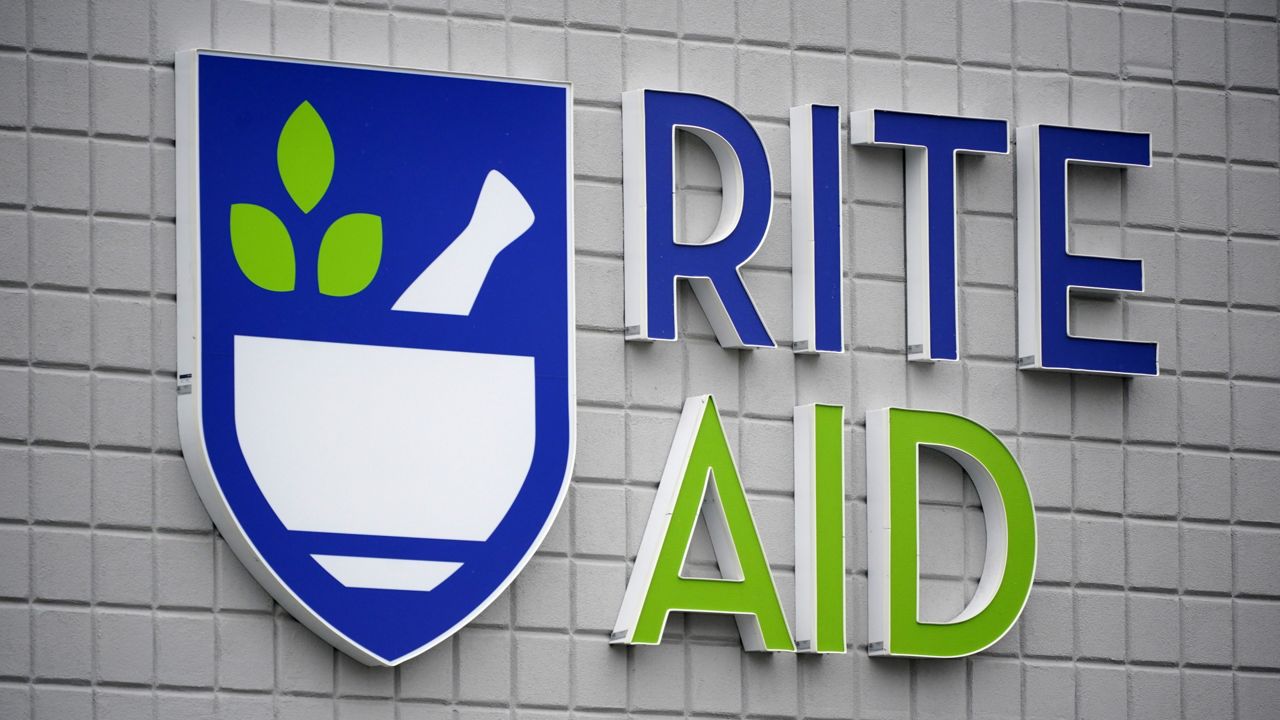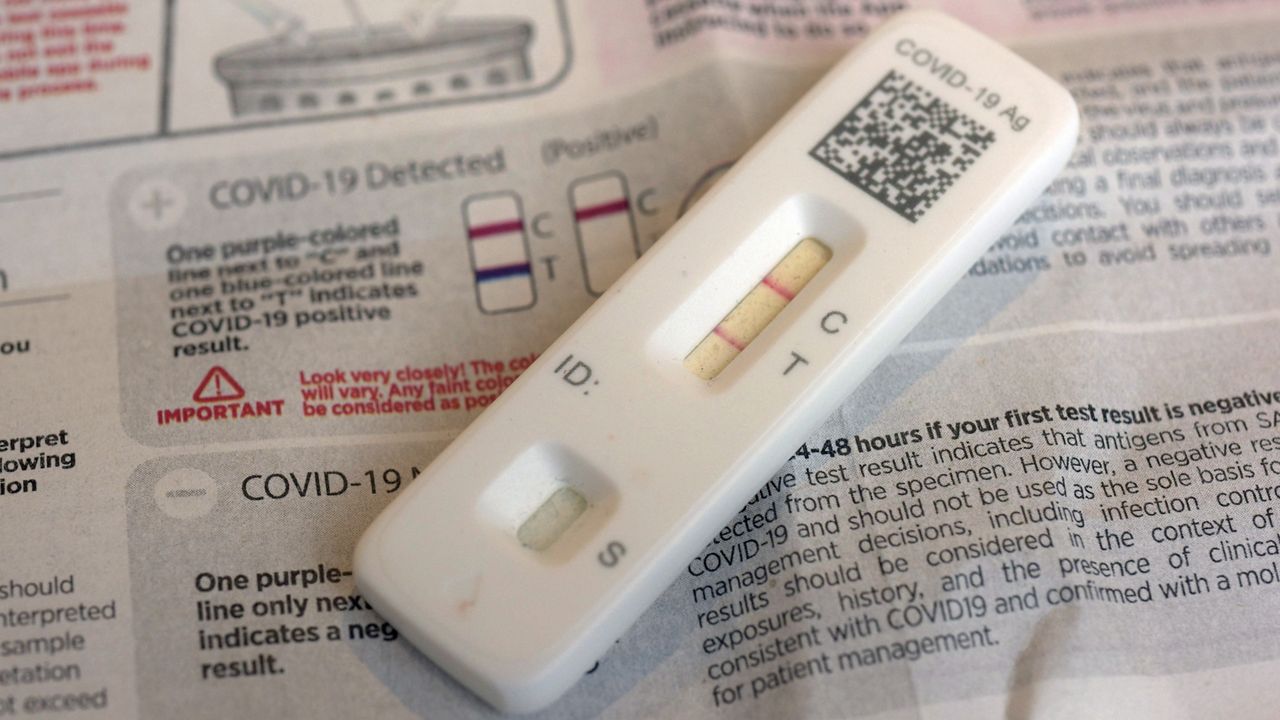Patients with United and Oxford Health Plans will no longer be part of Mount Sinai Hospital’s network. It comes after the hospital system and the healthcare company could not reach an agreement over reimbursement rates.
“I’ve had two flare-ups since I’ve been diagnosed,” said Ileana Klein. The minute the second one happened, doctors knew exactly what to do.”
Klein relies on Mount Sinai physicians for a rheumatological condition. She’s one of about 100,000 Mount Sinai patients covered by UnitedHealthcare now impacted by a breakdown between the two companies, which worries Klein’s mother.
“It’s not that she sees one doctor,” said Klein’s mother Beth Balsam. “It’s that she has a rheumatologist and a neurologist and a gastroenterologist and they all work together as a team. So to try to replicate and replace that team is going to be very, very difficult.”
Beginning March 1, all Mount Sinai hospitals and some related outpatient facilities are out of network for patients insured by UnitedHealthcare through employer-sponsored and individual market plans, including the Oxford Health Plan which United owns. It comes after a months-long contract negotiation failed to result in a new UnitedHealthcare in-network benefits agreement.
Mount Sinai associate professor of OBGYN and senior medical director of Physician Contracting and Billing at Mount Sinai Health System, Dr. Alan Adler said the issue began after Mount Sinai learned UnitedHealthcare was paying less to them than other health care providers.
“We were able to see that we’re getting paid at least 30% less than the other academic centers. We still have the same labor costs,” Adler said.
UnitedHealthcare is accusing Mount Sinai of seeking a pay hike that would significantly increase costs. In a statement, a spokesperson said:
“Mount Sinai responded by repeating its outlandish demands that included two options — a three-year contract with a 43% price hike that would increase health care costs by $574 million — and a four-year proposal with a 58% rate increase that would increase health care costs by $927 million. All of Mount Sinai’s proposals would make its hospitals and physicians the most expensive by a considerable margin in New York City.”
Some families may receive partial bills because all Mount Sinai physicians are still in-network until March 22.
Klein said the stakes are too high for the two companies not to reach an agreement.
“The people who are getting hurt right now are the patients,” she said.
UnitedHealthcare is required by law to continue covering certain conditions to prevent a disruption of life-saving care and if patients come to emergency rooms at Mount Sinai, they will be treated.
If not dealing with an emergency, check with your insurance company to make sure treatment is covered.
UnitedHealthcare said that its current contract with Mount Sinai included annual rate increases, but that Mount Sinai terminated the three-year agreement set to expire at the end of 2024. The agreement had been reached less than two years prior and became effective on January 1, 2022.









